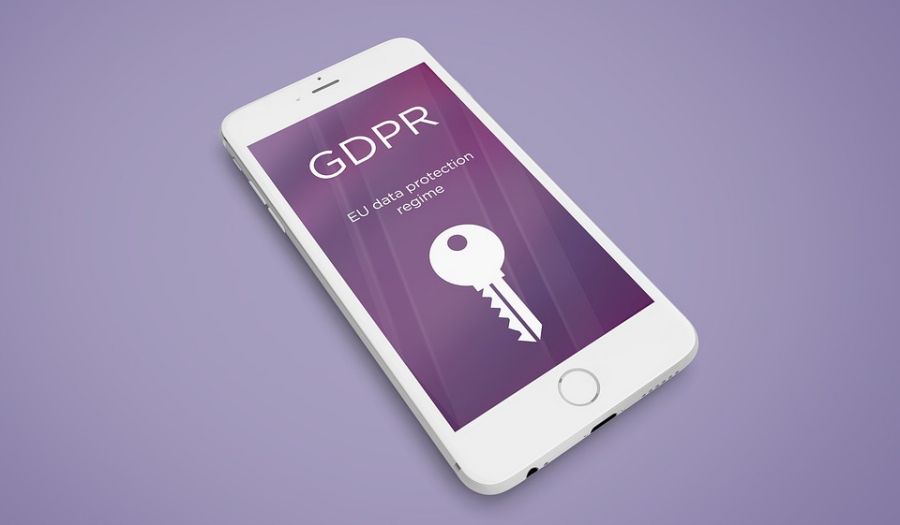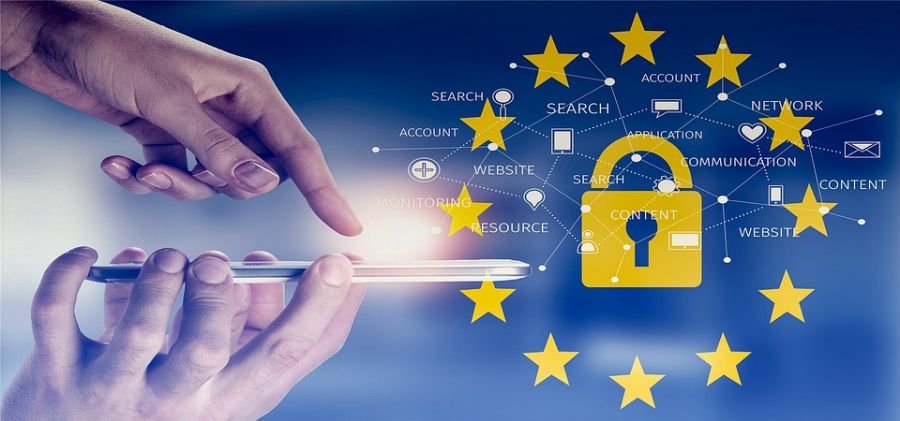8 Ways to Ensure You Remain GDPR Compliant
Even though there is so much talk about GDPR compliance, being ready to comply with the GDPR isn’t a one-time thing but rather a continuous process. This is because it continues to amend its privacy laws and is an ongoing approach for businesses.
Trusting companies about how we share our data is an essential part of doing business online. Moreover, whenever a company needs personal data to run its business, consumers should be informed of how their data is being used so they can decide if they wish to use the services or not.
Don’t go anywhere because, in this article, we will find out the top ways how you can remain GDPR compliant.
Know the key concepts and articles concerning the GDPR
Complying with the GDPR doesn’t only mean fixing a website because it’s part of your organization. In some cases, businesses don’t process information at all, and in many cases, they interact with customers’ data, meaning they should comply with the GDPR.
Understanding the concepts and terms of the GDPR is a huge step. Here are some things you can use to guide you through the GDPR:
- Data controller: Entity that determines the conditions, purposes, and means of processing data
- Data subject: a natural person’s data being processed
- Personal data: personal information related to the data subject or natural person
- Data processor: The entity that processes data based on the data controller
Moreover, it’s always nice to get familiar with articles and make it less difficult to understand the GDPR.
- Article 5: This article on the General Data Protection Regulation is about principles that relate to the processing of personal data
- Article 6: The lawful bases of personal data processing
- Article 12-22: Data subject rights such as data portability, data access, and more
- Article 25 & 32: Companies need to take the proper security measures to protect consumers against data fraud and protect their personal data at the highest level
Raise awareness
The GDPR continues to ask businesses to remain compliant with the GDPR as soon as possible and ensure they have time to plan for it. Decision-makers need to be well aware of the new amendments the GDPR brings in. Moreover, if you deal with personal processing data and don’t comply with the laws, you might face hefty fines.
An excellent example is Amazon, which failed to comply with the GDPR only last year and had to pay a hefty fine of more than 740 million Euros.
Provide a privacy notice
An excellent step to identifying if you’re staying GDPR compliant is sending out privacy notices to clients and informing them of how you collect their personal data.
In this case, “personal data” refers to an individual’s personal information. It doesn’t matter if the information is private, public, or even relates to the individual’s life.
Personal data includes email address, IP address, bank information, social media posts, medical information, and more. Privacy notices should inform customers & site visitors of why you’re collecting their day, how long you’ll keep the data, where it’ll be stored, and how they can gain access to it.
Let’s not forget that clients have to know how you use and share their personal data. Moreover, only having the option to “opt-out” isn’t enough; in order to stay GDPR compliant, you have to actively confirm that your users understand how their data is being used and they pre-fill a box where they choose to “opt-in” their data.
It’s important you don’t only follow the GDPR requirements but also prove that you are remaining compliant at all times.
Ensure you update your privacy notice
Considering the fact that you’re collecting data and showing your users how you intend to use their information, under the new regulations, there are some other things you need to explain, such as:
- Your data retention periods
- Your legal basis for processing data
- The right to remain compliant with the ICO if there’s a problem with how you handle data
Take the suitable security measures
Security has to be on a high level when collecting private data. Remember that it’s your responsibility to ensure you take the necessary steps to keep personal data safe, secure, and prevent it from getting stolen or falling into the wrong hands. After all, fraud can hurt reputations and make users doubt you the next time they allow you to collect their personal data.
So, what can you do to avoid this? You can consider securing emails, encrypting data, and investing in anti-fraud security programs. In addition, you can consider reading SEON’S guide to loan fraud to understand more about common frauds that are done.
Additionally, you have to know that even if someone’s personal data is stolen, the GDPR will still hold you responsible for it, so there’s no escaping accountability. After all, you have to know that you are gathering the data, so it’s your responsibility to keep it safe!
Have a plan B
There’s no secret that data breaches have been on the rise over the past few years. Only a year ago, the FBI collected more than 800 thousand internet crimes conducted, and most of them had to do with data fraud. Additionally, hackers and other cybercriminals don’t have any issues staying ahead of technology, so they always try to find new ways to steal your data.
Even if you have the most advanced security measures, you’ll still have to deal with cyber-attacks and even security breaches. So to stay ahead of fraudsters, always have a plan B in case your data gets stolen.
Your plan B should include how you’ll act if a breach occurs within 24 hours. Additionally, you should know what steps you’ll undertake to stop the breach and how to avoid them in the future. Finally, there’s plenty of software you can use against cyber crimes to protect you.
Pay attention to your subject access requests
Depending on how large your organization is, subject access requests can cause many issues for many businesses. Under the new rules, you’ll only have a month to comply with the rules compared to 40 days in the past. There are also cases where you can refuse to comply with a subject access request, and if you refuse any requests, you need to have the required procedures and policies to demonstrate why the reuqest meets your criteria.
Additionally, you can consider using a cost/benefit analysis for providing online access to individuals.
Ensure you know how to delete personal data
Remember that whenever you are complying with the GDPR, there should always be a way for how your client can delete their stored data upon their request. In addition, under new regulations, individuals have the right to be forgotten entirely under the GDPR
Ensure that you are vigilant when you have to delete user’s data and not delete it accidentally. After all, if customers request their data to be deleted, you’ll have to show them proof that you did delete their data.
Document your legal basis for processing personal data
Under regulations from the GDPR, individuals’ rights can be modified depending on your legal basis for processing their personal data. So, above all, it’s important to understand all types of data processing you undergo.
For example, your users can have their data deleted, where you’ll use your legal basis for processing. Therefore, you need to document your legal basis for carrying it out and document it after.
Wrapping it up
Well, that’s about it for this article. These were our top eight ways to ensure that you remain GDPR compliant. The GDPR gets modified at all times, and with cyber-attacks continuously rising, its regulations only keep getting more strict every year. We don’t know what we can expect in the upcoming years, but the best idea is to stay updated on new regulations implemented.
Before you do anything else, you should fully understand how the GDPR works. After you do so, you can better understand all of the amendments made. Moreover, the GDPR has become strict on data privacy and is giving out fines for those businesses that don’t follow the rules.
After fully understanding the GDPR, provide a privacy notice and inform your customers about everything that happens with their data. You want to avoid doing anything without your customers knowing, and it’ll only lead them to not trusting you in the long term and maybe even filing a complaint.






